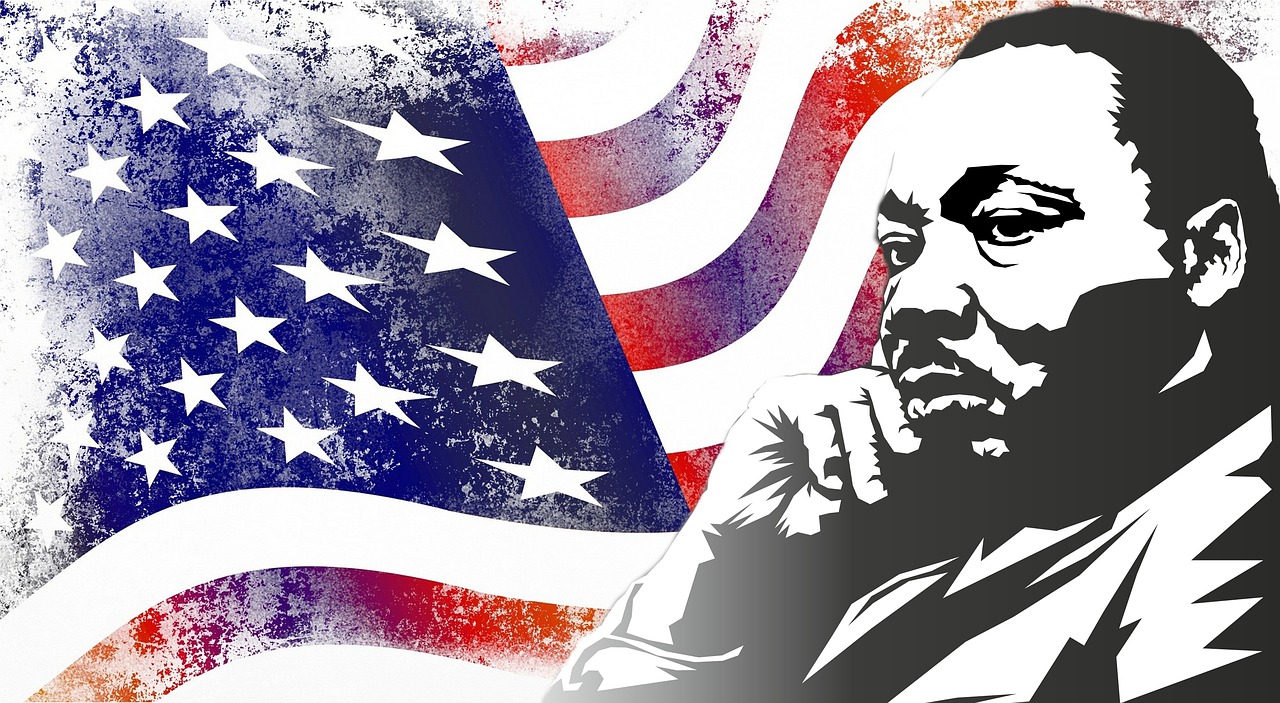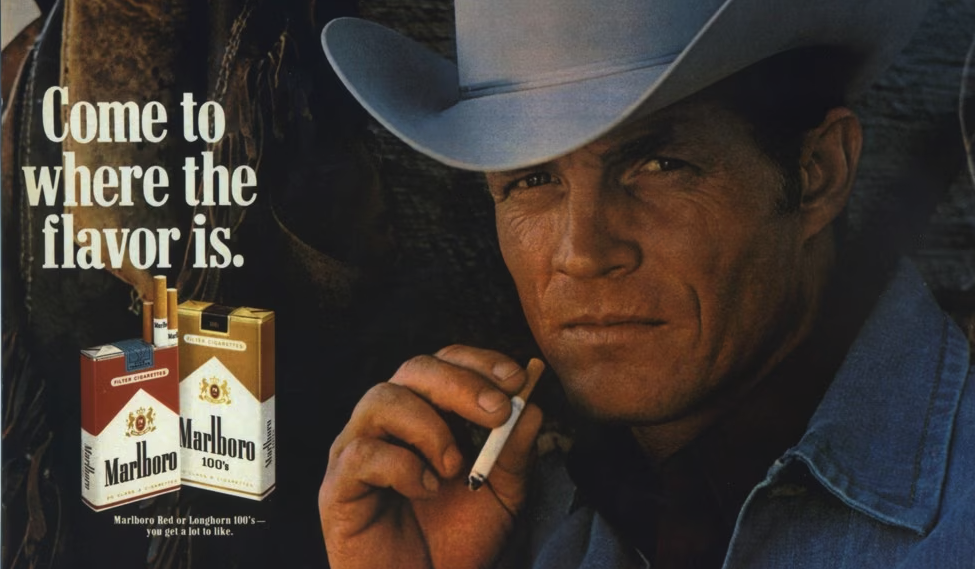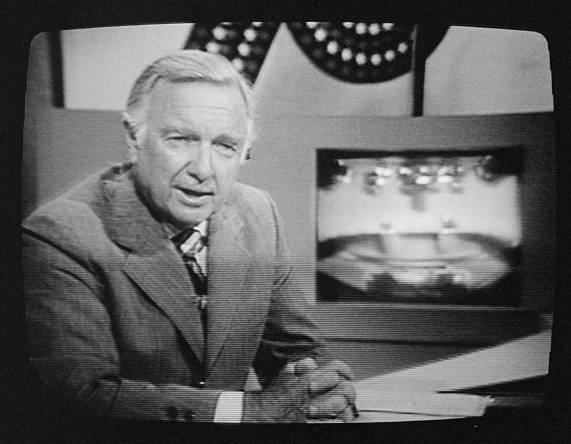Share this article with your network of friends!
Martin Luther King Jr. was a visionary leader and an instrumental figure in the civil rights movement of the 20th century. As seniors who lived through that transformative era, we have a unique perspective on the impact and legacy of Martin Luther King. In this article, we reflect on our experiences during that time, share our memories of Martin Luther King’s leadership, and highlight the enduring lessons we can learn from his life and work.
1. The Time of Turmoil:
– Historical Context: The civil rights era was marked by racial segregation, discrimination, and social inequality. Martin Luther King emerged as a prominent leader, advocating for nonviolent resistance and equality for all, irrespective of race or color.
– Personal Experiences: As seniors who were alive during this time, we witnessed firsthand the struggle for civil rights, the segregation and injustices that prevailed, and the powerful movements that sought to challenge and change the status quo.
2. The Impact of Martin Luther King:
– Leadership and Vision: Martin Luther King’s powerful speeches, including the iconic “I Have a Dream” speech, stirred the hearts and minds of millions, inspiring a collective call for justice and equality. His commitment to nonviolent protest and his emphasis on unity continue to resonate deeply.
– Advancements in Civil Rights: Martin Luther King’s leadership played a pivotal role in shaping the Civil Rights Act of 1964 and the Voting Rights Act of 1965. These landmark legislations dismantled legal segregation and provided protection for the voting rights of African Americans.
3. Reflecting on Memories:
– The Dream Speech: Many of us remember watching or listening to Martin Luther King’s powerful “I Have a Dream” speech. It was a defining moment that articulated the aspirations and hopes of a generation, calling for a society free from racial discrimination.
– Local Activism: Some seniors may have participated in civil rights demonstrations or witnessed the impact of the movement in their communities. Sharing these stories helps preserve the memory of the grassroots efforts that drove change.
4. Lessons Learned:
– Pursuit of Justice: Martin Luther King’s commitment to justice and equality serves as a timeless reminder that the fight for civil rights is ongoing. We must remain vigilant, continue to challenge injustice, and advocate for social change.
– Nonviolent Resistance: Martin Luther King’s belief in the power of nonviolence and peaceful protest is a lesson that transcends time. His approach inspires us to engage in constructive dialogue, seek understanding, and work towards positive change.
– Unity and Equality: Martin Luther King’s vision of a united society, where all individuals are treated with dignity and respect, continues to inspire us. We must strive for equality, reject discrimination, and foster an inclusive society for future generations.
As seniors who lived through the civil rights era, we carry the memories and experiences of a time of great change and transformation. Remembering Martin Luther King allows us to reflect on his leadership, vision, and the enduring legacy of the civil rights movement. By sharing our stories, passing on the lessons learned, and advocating for justice and equality, we honor Martin Luther King’s profound impact and contribute to the ongoing pursuit of a more just and inclusive society. Let us carry his message of love, peace, and unity in our hearts and work towards creating a better world for all.
DISCLAIMER: This website contains articles for informational and entertainment purposes only. No articles on this website should be considered as professional advice for any medical, legal, or financial matter. Advertisements and content may contain affiliate links, where the website earns a commission for sales derived from our users.





